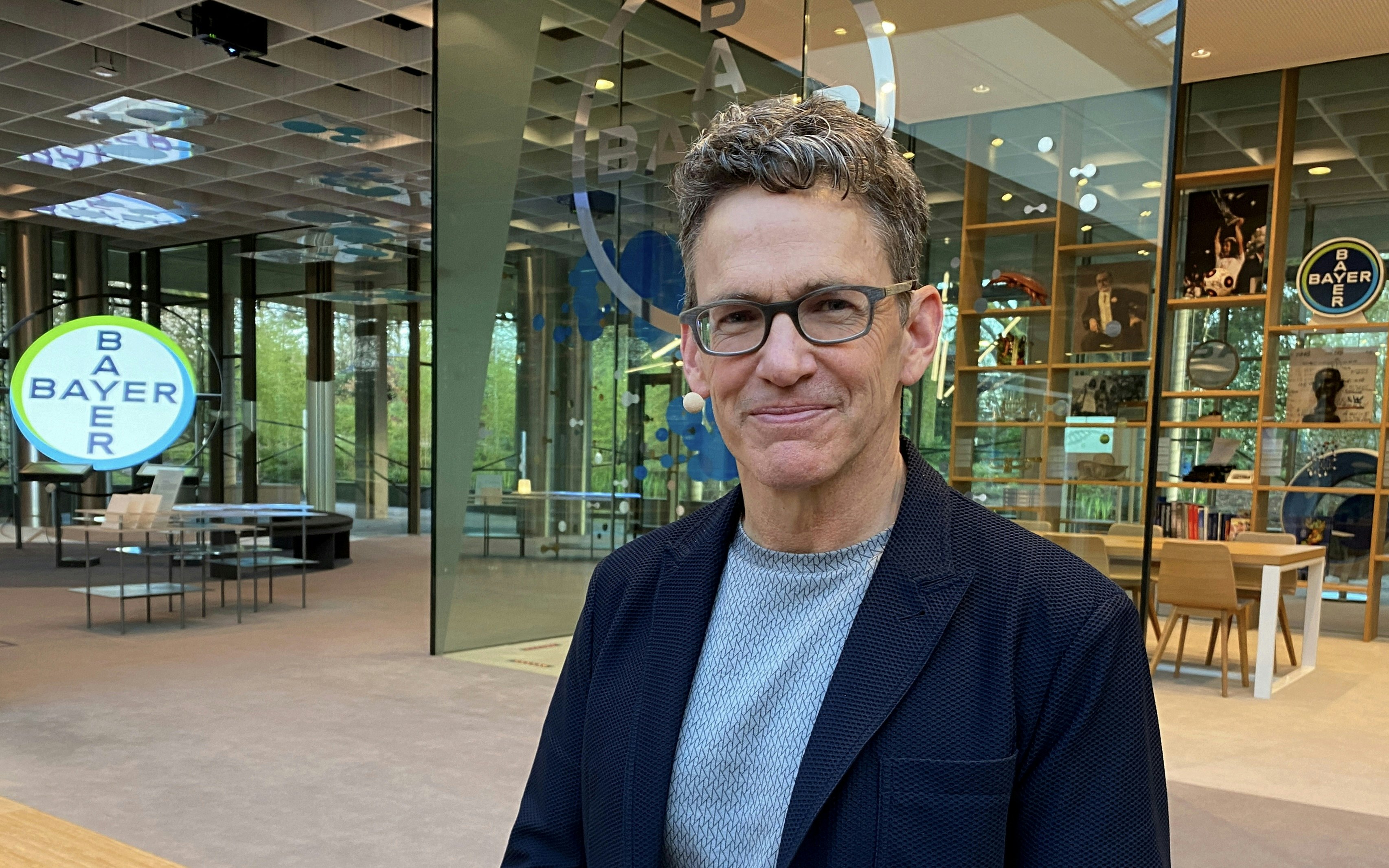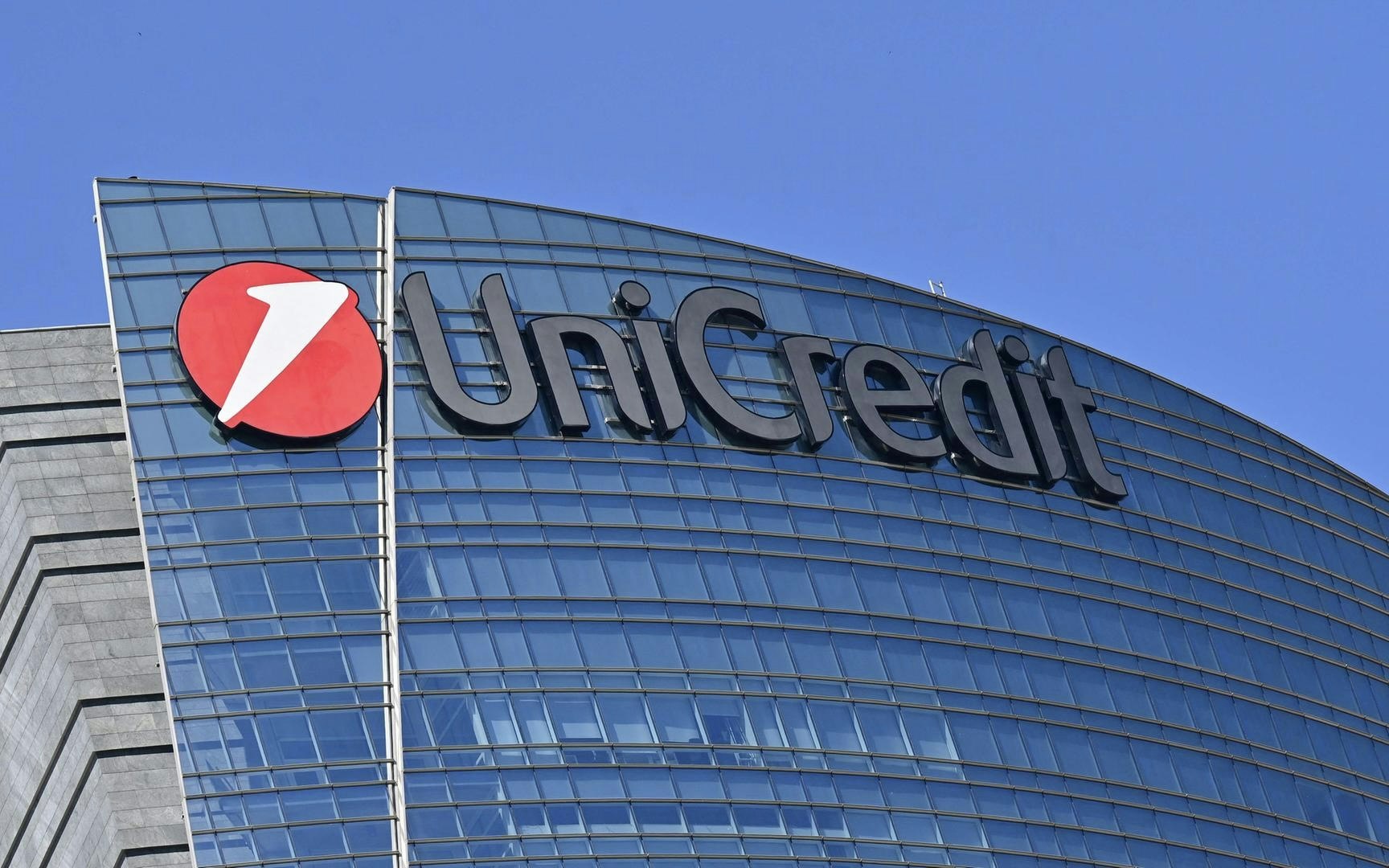Pharma
Bayer focuses on stability: No spin-offs or sales planned in the near future
Bayer remains steady at Capital Markets Day, but investors call for a clearer roadmap and solutions for pressing challenges.

Bayer Will Not Announce Split at Capital Markets Day in London Next Tuesday
Instead, the focus will be on target objectives, return promises, and solutions for the pressing glyphosate issue. Since the arrival of Bayer's new CEO, Bill Anderson, nine months ago, this day has been highly anticipated. Expectations are high, but the major event of announcing a split of the conglomerate will not occur. Furthermore, a separation from the Consumer Health division is not on the agenda. Instead, the discussion will center on the performance of Bayer's divisions and the handling of glyphosate lawsuits in the USA.
Anderson had kept the option of separating from Consumer Health open until the end. However, his primary goal is to optimize the corporate structure through his "Dynamic Shared Ownership" (DSO) strategy. This includes a complete restructuring of the organization and making the teams more flexible to achieve better results and save costs. This measure will also be presented at the Capital Markets Day.
Yet the legal risks and associated losses due to glyphosate lawsuits remain one of Bayer's most pressing issues and one of the main reasons for the plunge in its stock price. Since Anderson took office, the value has fallen by 46 percent. To enable a quick and successful implementation of the DSO strategy, Bayer will initially focus on improving the performance of its individual divisions in order to generate a strong free cash flow and reduce its 35 billion euro debt. Anderson is relying on internal restructuring and hopes to buy time with it before potentially tackling the company's fundamental positioning.
The appropriateness of Bayer's positioning in the agrochemical and medical sectors is also a matter of discussion on the Supervisory Board. Shortly before the Capital Markets Day, the US fund manager Jeff Ubben was appointed to the Supervisory Board, who has already questioned Bayer's structure. Ubben will now also represent his concerns on the control committee and sees great potential in Bayer's businesses, while the motto "Health for all, hunger for none" stands for the entire strategy of the group.
The Executive Board is also being reorganized, with Julio Triana taking over leadership of the Consumer Health division at the end of April. Board member Heiko Schipper will dedicate himself to other tasks in the future. However, a separation of individual business units and divisions is not off the table. "The shot must be on target," emphasizes a Bayer manager.
Calls for a swift breakup have quietened down, and shareholders' expectations for the "Capital Markets Day" are rather subdued. However, Anderson can count on the support of shareholders who understand that a breakup in the current situation would not create value. But the pressure on the CEO is substantial, and he must deliver a clearly defined plan on how he intends to advance Bayer. A new strategy that mitigates legal risks and allows long-term growth of all three business divisions is demanded by the shareholders.
The Dividend Cut for the Next Three Years Has Received a Mixed Reception from Shareholders, but for Fund Manager Markus Manns, It Is a Sign That Bayer Is Finally Aware of the Urgency of the Situation. The Company Is Now Financially More Flexible to Invest in the Pharma Pipeline and Contain Legal Risks in the US. According to Manns, Bayer Has Hence Bought Itself Time. A Possible Spin-Off of Business Units Is Just One of Six Issues the Company Needs to Address, Which Also Include Strengthening the Pharmaceutical Segment and Limiting Legal Risks.
International funds currently see no need to split Bayer. Firstly, management must make the individual divisions more attractive and address lawsuits in the agrochemical and pharmaceutical sectors. However, shareholders are showing particular interest in solutions for the glyphosate problem and compensation payments. In the pharmaceutical sector, there is a lack of new products after the stroke drug Asundexian failed in a major study. The weak position in the US is also causing concern.
The Capital Market Day Becomes a Test of Mettle for Anderson. Yet, Shareholders View Him as CEO with His DSO-Strategy and the Support of the Supervisory Board as Their "Penultimate Chance". It Remains to be Seen Whether He Can Present a Successful Plan for the Future That Can Satisfy Shareholders, Employees, and the Company Alike.




